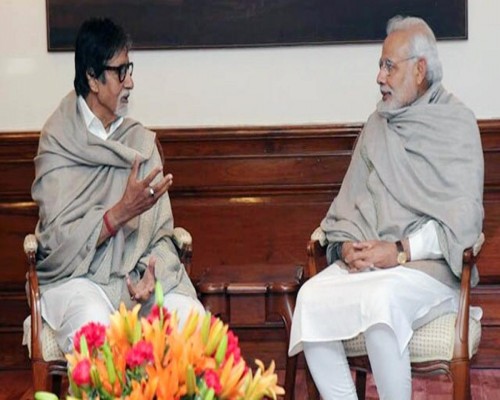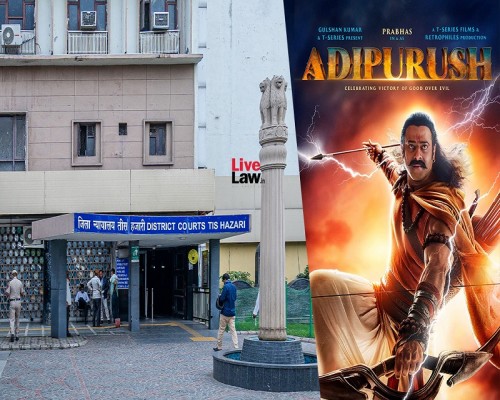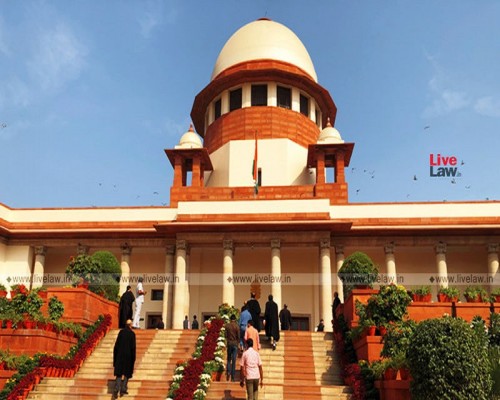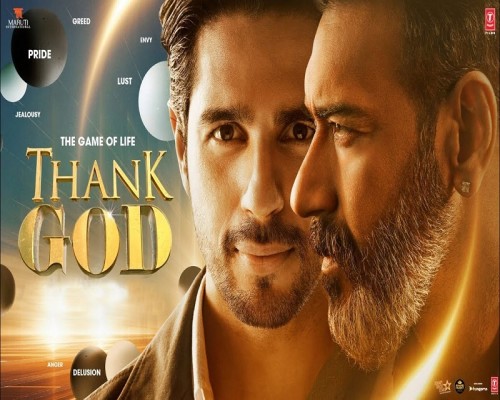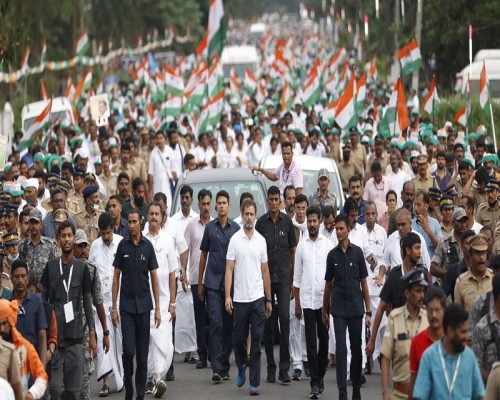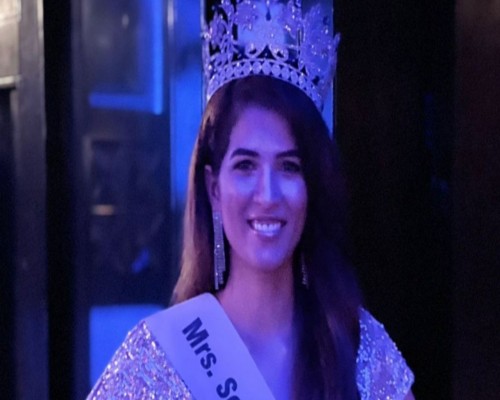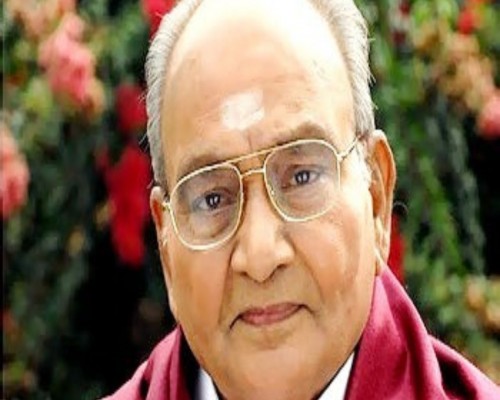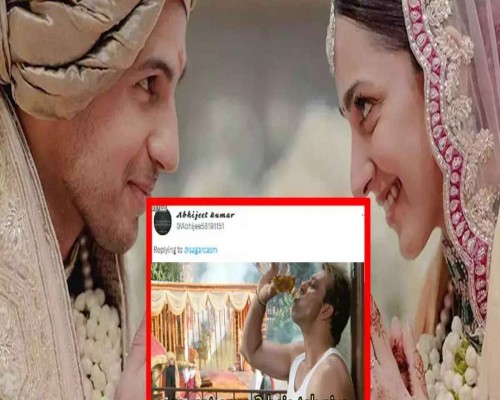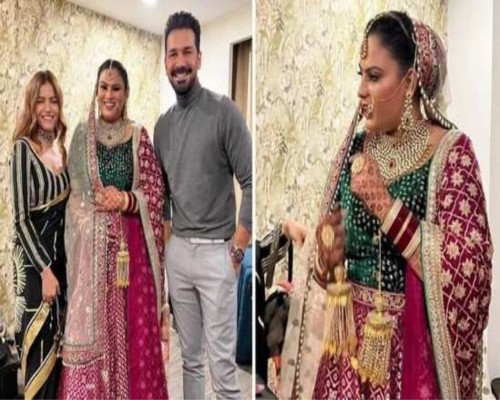Universities Should Have Departments for the Study and Research of Folk Music: Malini Awasthi
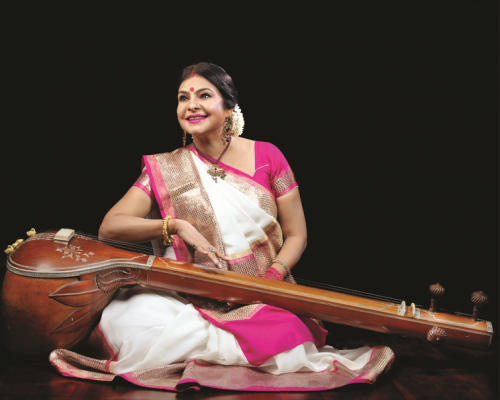
Folk songs are more than just musical compositions—they capture real-life experiences, emotions, and narratives, weaving them into melodic verses. According to Padma Shri awardee folk singer Malini Awasthi, folk music deserves academic recognition, and universities should establish dedicated departments for its study and research.
In an interview, Awasthi shared her three-decade-long experience in folk singing and emphasized the need for preserving and documenting traditional folk songs before they fade away.
Why is Preserving Folk Songs Important?
Folk songs carry rich cultural and historical value, reflecting the lives, emotions, and traditions of past generations. They document real-life experiences, especially those of women, mothers, and grandmothers, and celebrate community heritage.
Awasthi explained that performing songs like Saiyan Mile or Kachori Gali fills her with a sense of connection because these songs narrate stories that have been passed down through generations. Preserving folk songs is like preserving oral history, ensuring future generations can experience their cultural roots.
Inclusivity and Message of Folk Songs
Folk music transcends caste, religion, and cultural barriers. It carries the message of “VasudhaivaKutumbakam”, meaning “the world is one family.” Many folk songs promote gender equality and empowerment, especially through wedding and celebratory songs where women express their desires, pains, and emotions openly.
One such example is Nakta folk songs, traditionally sung during weddings, where women boldly voice their thoughts and aspirations. Other songs, like those about Lord Ram’s marriage, symbolize inclusivity by inviting people from all backgrounds to participate in celebrations.
Women’s Role in Preserving Folk Music
Women—be it mothers, grandmothers, or elder community members—are the true custodians of folk music. They pass down lullabies, wedding songs, and narratives, keeping traditions alive.
Awasthi emphasized that folk music is not just meant for homes—it needs institutional recognition. She strongly advocates for universities to introduce courses, diploma programs, and dedicated folklore departments to safeguard and promote this musical heritage.
Relevance of Folk Songs in Modern Times
Despite the dominance of pop, rap, and modern music, folk songs continue to be relevant. Awasthi highlighted that she often performs at “SamuhikVivaah” (group marriages), where orphans and girls from broken homes find marital companionship. During such occasions, folk songs like Suhag Barse are sung, adding a sense of tradition, blessings, and joy to the celebrations.
A Call for Folk Music’s Recognition
Malini Awasthi believes that folk music should not be viewed as just entertainment but as an authentic representation of people’s lives and emotions. She strongly urges academic institutions, cultural organizations, and music enthusiasts to come forward and take concrete steps to document, research, and promote folk traditions before they vanish with time.





